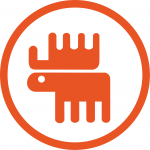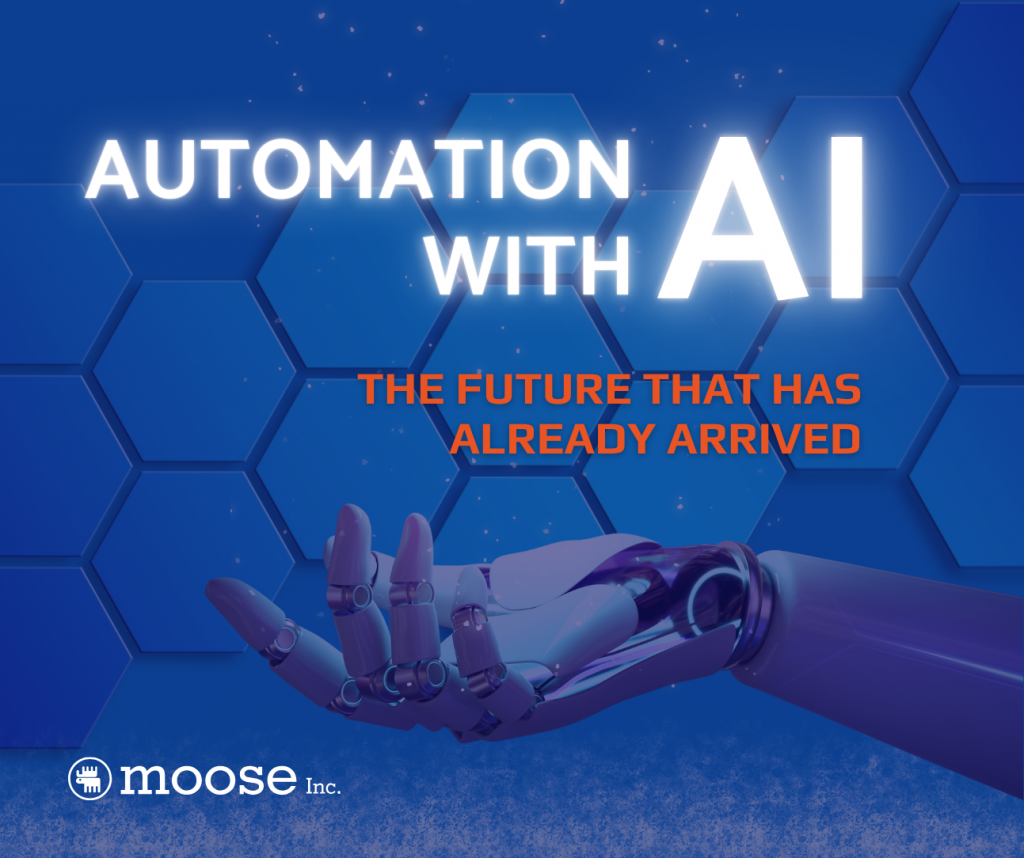The topic of automating work in the technology industry with artificial intelligence (AI) has become one of the most exciting and controversial topics in recent years. Touching on this topic, we can find both supporters and opponents of the introduction of such solutions, with concerns about the future of employment and their ethical aspects. I have taken the liberty of looking at the topic from the ground up and looking for examples of companies that have implemented such solutions on a large scale in their companies.
Automation in IT is applied to technologies that previously required human intervention and work. The process involves implementing technological solutions that take over the performance of routine tasks, thus enabling IT professionals to focus on more complex tasks. Thanks to automation, the risk of human error can be significantly reduced and the execution time of many processes can be significantly shortened, resulting in higher organizational efficiency.
AI is ushering in a new era in IT automation through advanced machine learning algorithms. AI-based systems are capable of autonomously analyzing complex data, identifying anomalies and optimizing configurations. Examples of applications include software test automation, IT infrastructure management and business data analysis.
AI-based systems can also analyze massive amounts of network data in real time, optimizing data flow and identifying potential threats. With machine learning, they can predict congestion and automatically adjust network settings to ensure optimal performance and security. For example, AI systems can detect abnormal traffic patterns that may indicate DDoS attacks or other threats, and take immediate preventive action.
Artificial intelligence is also changing the process of testing and developing new applications. A number of testing tools have emerged that use artificial intelligence and can quickly and accurately not only find bugs in code, but also immediately suggest effective fixes. How does it work? Well, they learn from previous errors and test results, which allows for continuous improvement of the testing process.
However, it’s not only testers who can use AI tools in their daily work, but we’ve probably all already seen that AI can help brilliantly in software development, graphic design, web design or documentation creation, among others. The ability to generate code, high-quality graphics or UX/UI designs has supported the industry and often allowed it to find a whole new quality.
Examples of well-known companies implementing AI
One of the best-known examples of companies that not only use, but also create AI tools is Google, which, among other things, optimizes search results thanks to them. Thanks to machine learning algorithms, Google is able to analyze billions of user queries, adjusting search results in real time to individual needs and preferences. Thanks to AI, the company can personalize its advertising efforts, reaching a well-defined target audience with its offerings, resulting in higher conversion rates.
Airbnb uses AI to optimize the price of its listings. Advanced machine learning algorithms analyze various factors, such as previous prices, bookings, seasonality, regional trends and location, to determine the optimal price for each property for each night. These prices can change in real time depending on supply and demand. With these solutions, Airbnb makes higher profits for hosts, who can earn more with demand-adjusted prices, and more bookings for guests, who can more easily find the perfect apartment at the optimal price. The platform can also manage property availability and pricing more efficiently.
Amazon, the e-commerce giant, is making heavy use of artificial intelligence in various areas of its business. In supply chain management, AI helps the company forecast demand, optimize delivery routes and manage inventory. With these technologies, Amazon can accurately predict demand for products at specific locations, reducing warehousing costs and delivery times. In addition, Amazon is applying AI to customer service, where intelligent chatbots and voice assistants such as Alexa assist in answering customer questions, processing orders and resolving issues, which increases customer satisfaction and loyalty.
IBM, as a pioneer in information technology, has created Watson, an advanced artificial intelligence system that is revolutionizing many industries. In medicine, Watson helps doctors diagnose complex diseases by analyzing vast amounts of medical data much faster than a human. This allows specialists to make more accurate decisions, helping to improve the quality of health care. In the business sphere, Watson supports companies in analyzing data, identifying key trends and relationships to make more informed and strategic decisions.
These examples show how diverse and powerful AI applications can be in various business sectors. Companies that effectively implement these technologies gain a competitive advantage, can respond more quickly to changing market conditions and better meet the needs of their customers. It’s worth exploring the possibilities of AI and looking for benefits for yourself, both personally and professionally.
Monika Borawska

